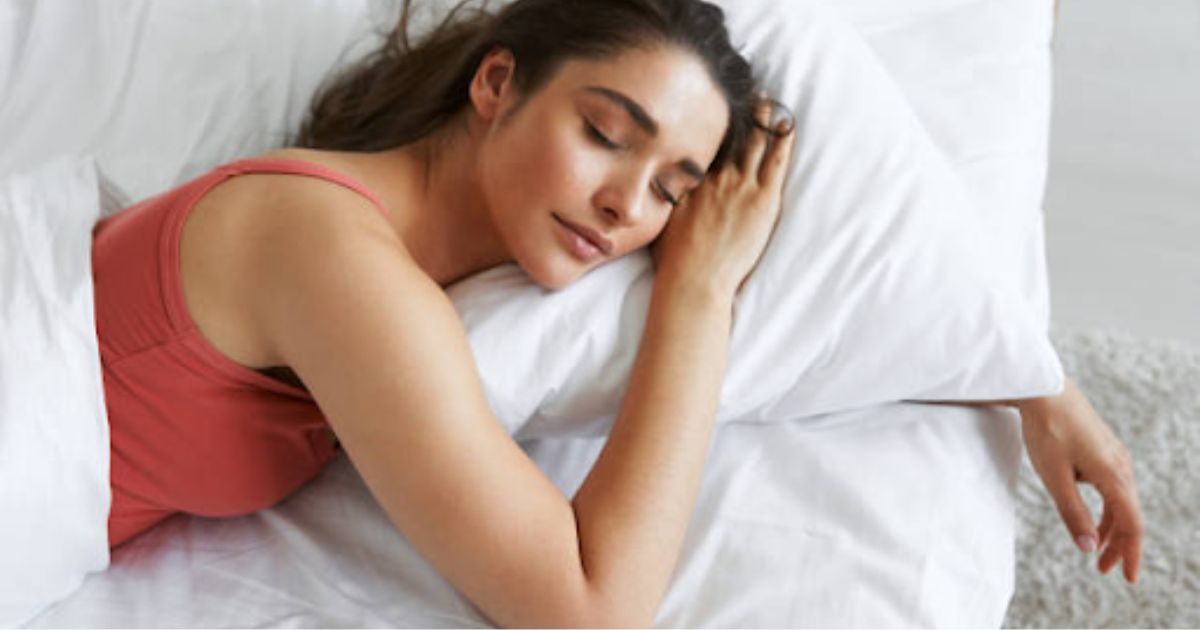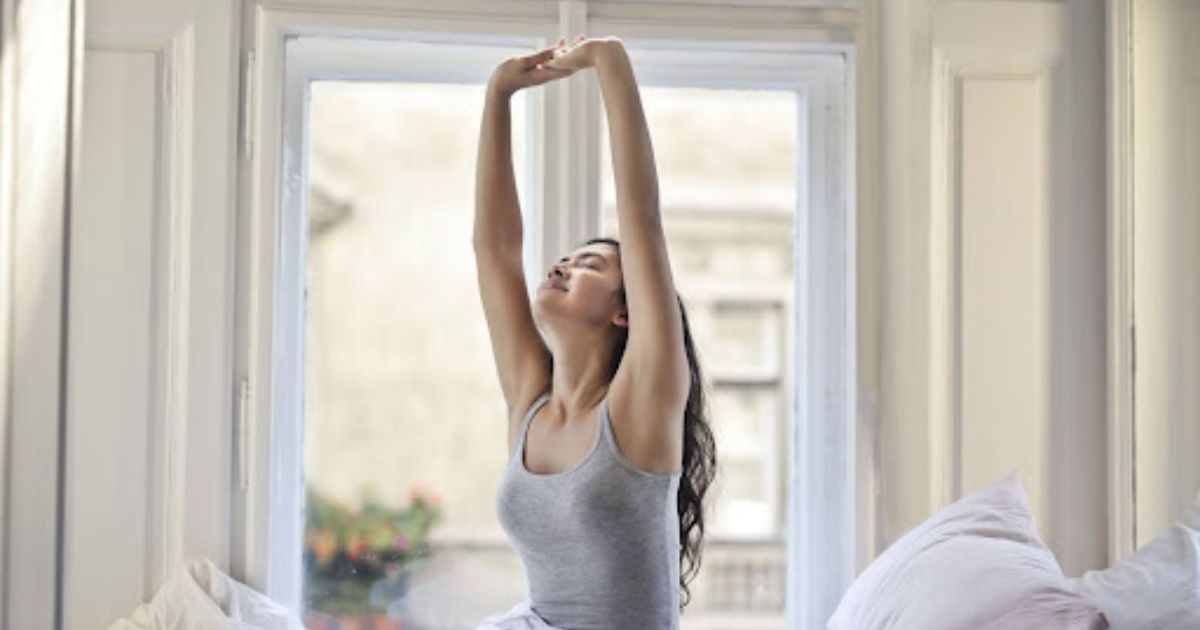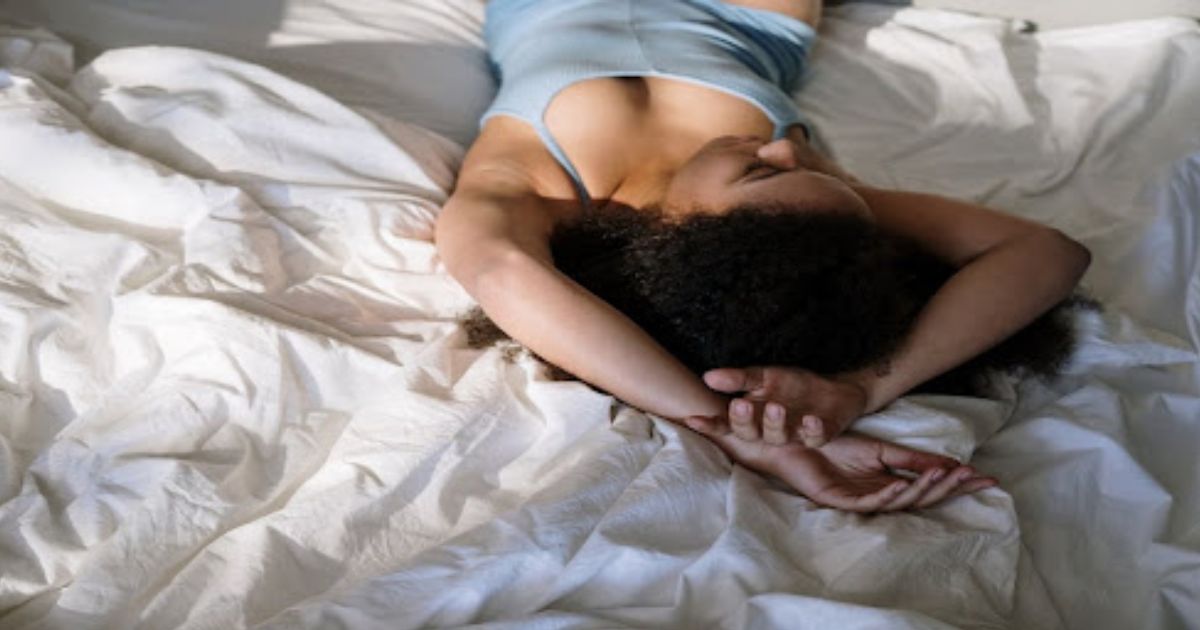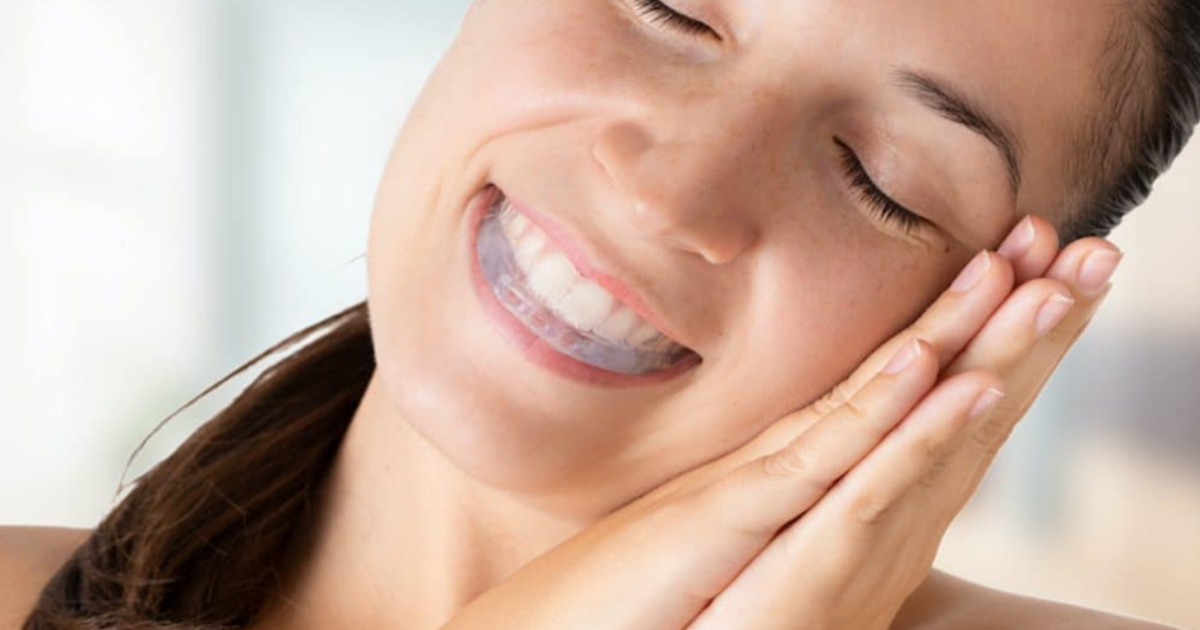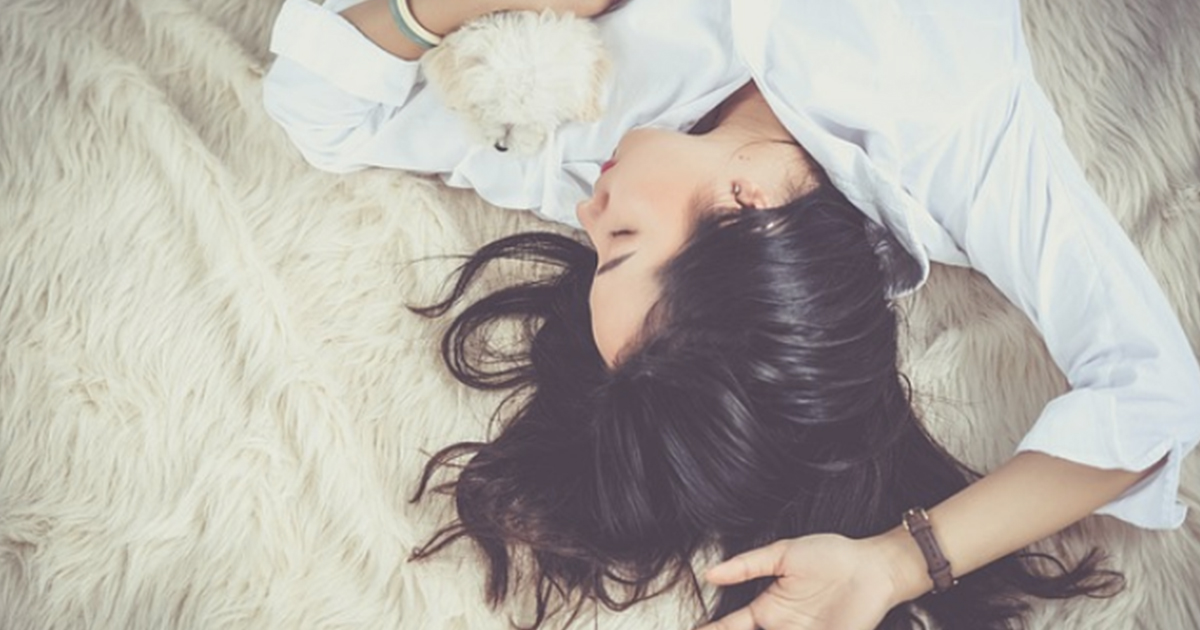Blue Light is emitted from different devices that are used every day. There have been studies that show that blue light has increased in usage, which has, in turn, caused more casual exposure to the lighting. Over exposure to blue lighting can cause an increase in risks to your vision, metabolism, and insomnia. Sleep Center in Jacksonville, FL can help you discover what is best for yourself and your sleep cycle.
What is Blue Light?
Light is formed from electromagnetic energy that travels around and through us, in waves. Waves that are given off from light vary in length from long waves to short waves. To us, waves are invisible and cannot be seen. The human eye can interpret colors of light that are based on the amount of energy it contains.
Blue light is a part of a portion of the visible light spectrum and can have unique effects on humans. Blue light can actually improve performance and attention by tuning our circadian rhythm when exposed during the right times and for the right amount of time.
How Does Blue Light Affect Sleep?
Light of any kind can cause a distribution to your sleep cycle, but blue light can do so in a more powerful way. Naturally, our bodies go through a rhythm that is closely aligned with sunrise and sunset, but is being interfered with by artificial light and blue light exposure during the most important part of your sleep cycle.
Blue light suppresses the body’s normal release of melatonin, which is helpful during the day when you are at work or completing tasks, but poses an issue at night when you try to wind down for a full night of rest. When you are exposed to blue light during the evenings, it tricks our brain into thinking it is still daytime and in turn, disrupts the circadian rhythm and leaves you feeling awake and alert instead of sleepy.
How to avoid blue lights at night?
Many people work under artificial lights and constantly interact with the screens of electronic devices that give off the blue light. Common sources that contain blue light are:
- Fluorescent lights
- LED Lights
- Smartphones
- Computers
- Kindles
- TV’s
All of these devices will expose you to blue light. You can reduce the exposure of blue light from these devices by limiting what light bulbs you have in your bedroom, if you have a TV in your bedroom, and if you use your phone before you sleep. Sleep specialists in Jacksonville, FL, recommend that you create a schedule that allows you to have time and space away from your devices that emit blue light before getting ready for bed, as it will help to regulate your natural sleep cycle and provide you with a better quality of sleep.


